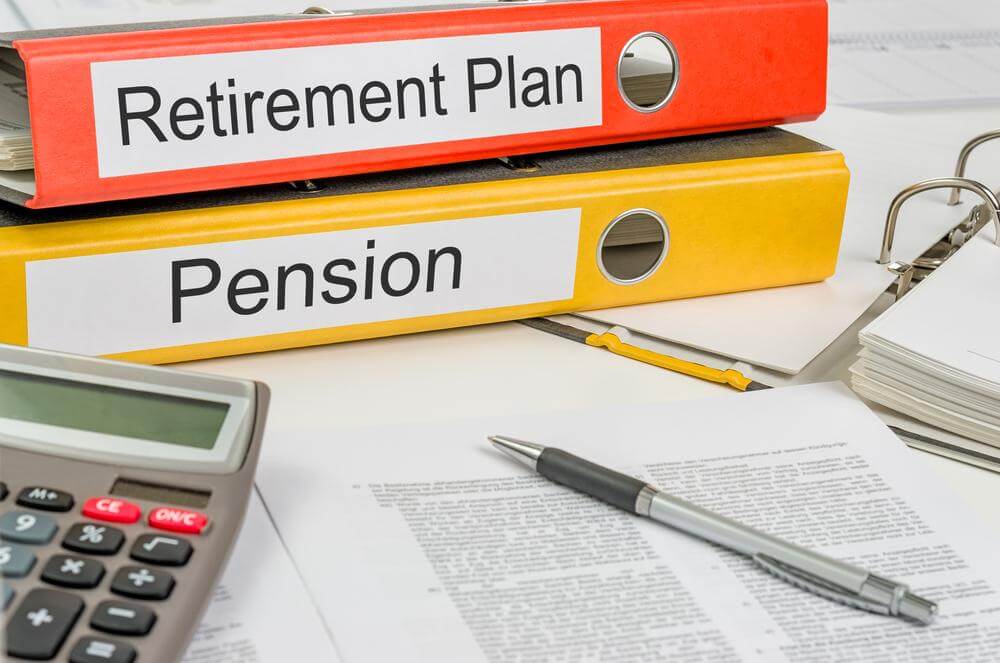Worried about being caught out by investment fraud? This tell-all article will help you navigate these choppy waters.
Investment opportunities can be a gateway to financial growth and independence. However, the increasing number of investment fraud cases has become a significant concern for investors globally.
Identifying the red flags and warning signs of fraudulent schemes is crucial for protecting your assets and ensuring your financial security. For those seeking professional assistance, consulting with investment fraud lawyers can offer the guidance and protection needed against complex scams.
So, what is investment fraud and what do you need to know about it? We’ll be exploring this in this article…
Understanding Investment Fraud
Investment fraud, also known as securities fraud or stock fraud, involves deceptive practices that convince investors to make financial decisions based on false information. This can lead to significant losses and, in some cases, the complete depletion of one’s investment portfolio. Recognising the forms of investment fraud is the first step towards safeguarding your investments.
Types of Investment Fraud
Several forms of investment fraud exist, each with unique characteristics and tactics used to deceive investors. Some of the most common include:
- Ponzi Schemes: where returns are paid to earlier investors from the capital of new investors, rather than from profit earned by the operation.
- Pyramid Schemes: similar to Ponzi schemes but based on recruiting new members into a program.
- Advance Fee Fraud: asking investors to pay a fee up-front to take part in investment opportunities that never materialise.
- Pump and Dump Schemes: inflating the price of owned stock through false and misleading positive statements, to sell off at a higher price.
Being aware of these can help investors stay vigilant and avoid falling victim to these fraudulent activities.
Warning Signs of Investment Fraud
Several red flags might indicate the presence of investment fraud. Being able to spot these can save you from potential financial ruin:
- Guaranteed returns: be wary of any investment that offers guaranteed returns. Remember, all investments carry some level of risk.
- High returns with low risk: be suspicious of investments that are described as having no risk but high returns. This is often a clear indicator of fraud.
- Overly consistent returns: investment values tend to go up and down over time. Any investment that consistently generates positive returns regardless of market conditions should be approached with caution.
- Unregistered investments: most legitimate investment opportunities are registered with financial authorities. An unregistered investment could be a red flag for fraud.
- Complex strategies: be cautious of investments involving complex strategies that are difficult to understand. Fraudsters often use complicated tactics to confuse investors.
For more detailed insights into securities fraud and its impact, the FBI’s securities fraud page offers valuable information.
Steps to Take if You Suspect Fraud
If you suspect that you are the target or victim of investment fraud, taking immediate action is critical. Here are some steps you can take:
- Contact your local financial regulatory authority to report the suspected fraud.
- Consult with investment fraud lawyers to understand your legal options and next steps.
- Collect as much evidence as possible, including communications and financial transactions related to the suspected fraud.
- Educate yourself on the nature of investment fraud to better protect your assets in the future. Resources such as the SFO provide information on avoiding investment fraud.
Being proactive and informed is your best defense against becoming a victim of investment fraud. Taking the time to research and understand the risks associated with any investment can save you from significant financial loss and stress.
How to Protect Yourself from Investment Fraud
Protecting yourself from investment fraud isn’t just about knowing what to look out for; it’s also about taking proactive steps to ensure you’re not an easy target. Here are several strategies that can help you fortify your defenses against potential scams:
- Research Before Investing: always conduct thorough research on any investment opportunity and the individuals or companies behind it before committing your funds.
- Seek Professional Advice: consider consulting with financial advisors or investment fraud lawyers who can provide expert guidance and help you verify the legitimacy of investment opportunities.
- Keep Personal Information Secure: be cautious about sharing personal or financial information, especially with unverified individuals or companies.
- Monitor Your Investments: regularly check your investment accounts and statements for any unusual activity that could indicate fraudulent practices.
Adopting a cautious approach and verifying every investment opportunity can significantly reduce the risk of falling victim to fraud.
Regulatory Bodies and Resources
In the UK, several regulatory bodies are in place to help protect investors from fraud. The Financial Conduct Authority (FCA) offers resources and tools to check if an investment is registered and legitimate. Additionally, organisations such as Action Fraud provide avenues for reporting fraudulent activities and receiving support.
International investors can also refer to resources like the Medicare learning network’s guidelines on fraud and abuse prevention, which offer insights applicable beyond just healthcare-related fraud.
Avoiding Investment Fraud 101
Investment fraud poses a serious risk to investors worldwide, but by understanding the red flags and warning signs, you can better protect yourself and your assets. Remember, if something seems too good to be true, it probably is. Always conduct thorough research, seek professional advice, and stay informed about the latest fraud prevention techniques.
Investing wisely isn’t just about choosing the right opportunities; it’s also about safeguarding against potential threats. By staying vigilant and knowledgeable, you can navigate the investment landscape more securely and confidently.
If you ever find yourself in a situation where you suspect investment fraud, take immediate action by reporting the activity to the relevant authorities and consulting with legal professionals to explore your options. Together, we can work towards a safer investment environment for everyone.
Being aware and educated about the dangers of investment fraud is your first line of defense. Protect your investments and future by staying informed and cautious in all your financial endeavours.


























